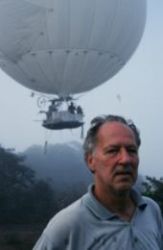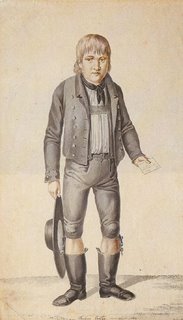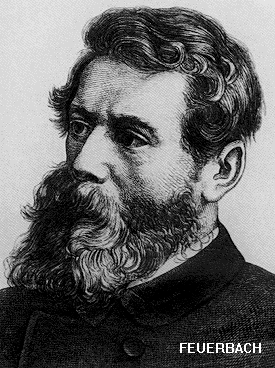CRIME TO THE SOUL/SENSE DEPRIVATION
 Portrait - 'Kasper Hauser'
Portrait - 'Kasper Hauser'
“The Enigma of Kasper Hauser” a film by Werner Hertzog
In Herzog's own words, the film "tries to define what we are as human beings as if a pure human being had fallen from outer space to this planet and come into existence here fully grown up." Far from being representative of man in his natural state, however, Hauser was the product of highly abnormal circumstances. He suffered sixteen years of solitude, anguish, and sensory deprivation. Those sixteen years were highly negative experience for Hauser, but they were nevertheless sixteen years of formative experience. Therefore, Hauser's circumstances provide no genuine basis for either affirmation or negation of science, religion, or logic as the "natural" state of man. Moreover, the science, logic, and religion that Herzog finds wanting, in relation to Hauser, were the early nineteenth century varieties of each.
Science, in particular, is constantly evolving, religion and logic less so. The science that exists today is far different than what existed in 1824. Science, as an epistemology, understands itself to be always incomplete and in flux. None of the so-called experts of Hauser's time served him adequately, but science, at least, keeps building upon itself and, as a result, its capacity to benefit people gradually expands. Hauser's most "natural" propensities were an inherent goodness toward others and an appreciation of the beauty of music.

A song about KASPER HAUSER by Suzanne Vega
“Wooden Horse”
I came out of the darkness
Holding one thing
A small white wooden horse
I'd been holding inside
And when I'm dead If you could tell them this
That what was wood became alive
What was wood became alive
In the night the walls disappeared
In the day they returned
"I want to be a rider like my father"
Were the only words I could say
And when I'm dead
If you could tell them this
That what was wood became alive
What was wood became alive
Alive
And I fell under
A moving piece of sun
Freedom I came out of the darkness
Holding one thing
I know I have a power
I am afraid I may be killed
But when I'm dead
If you could tell them this
That what was wood became alive
What was wood became alive
Alive

It may not be uninteresting to close this sketch with the consideration of a point of law raised

by Feuerbach in connection with the subject. It will be recollected that he calls his book "Kaspar Hauser. An Example of a Crime against the Life of Man's Soul." The crime committed against Kaspar Hauser was, according to the Bavarian code, twofold. There was the crime of illegal imprisonment, and the crime of exposure. And here Feuerbach advances the doctrine, that it was not only the actual confinement which amounted to illegal imprisonment, but that "we must incontestably, and, indeed, principally, regard as such the cruel withholding from him of the most ordinary gifts which Nature with a liberal hand extends even to the most indigent,—the depriving him of all the means of mental development and culture,—the unnatural detention of a human soul in a state of irrational animality." "An attempt," he says, "by artificial contrivances, to seclude a man from Nature and from all intercourse with rational beings, to change the course of his human destiny, and to withdraw from him all the nourishment afforded by those spiritual substances which Nature has appointed for food to the human mind, that it may grow and flourish, and be instructed and developed and formed,—such an attempt must, even quite independently of its actual consequences, be considered as, in itself, a highly criminal invasion of man's most sacred and most peculiar property,—of the freedom and the destiny of his soul. …In as much as the whole earlier part of his life was thus taken from him, he may be said to have been the subject of a partial soul-murder."
- JUDGE ANSELM von FEURBACH
http://www.feralchildren.com/en/pager.php?df=feuerbach1833

0 Comments:
Post a Comment
<< Home